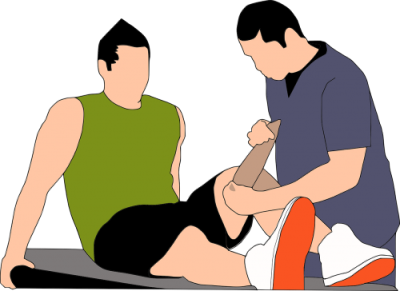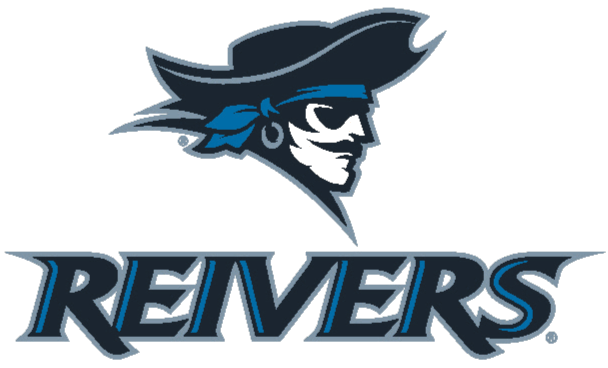
Jumper’s knee is a condition that involves an inflamed patellar tendon. That’s why it is also called patellar tendonitis. The patellar tendon is the tendon that connects the kneecap to the shin bone. This is a condition that gradually weakens the tendon and can eventually lead to muscle tears if left untreated.
Jumper’s knee arises from overuse in the joint. This is often from sports that require a lot of jumping on hard surfaces. The constant jumping and force of the leg hitting the ground can cause strains and stress to the tendon. If left untreated, the condition usually worsens.
If you think that you have jumper’s knee, then it’s important to go see a specialist. They can help diagnose and come up with a treatment plan to prevent the condition from worsening. Some symptoms include:
- Pain under the knee cap
- Swelling
- Bruising or redness
- Leg or calf weakness
- Pain when bending
- Stiffness when squatting, kneeling, or jumping
Once someone with this condition comes in and is diagnosed with “jumper’s knee” there are a few ways it is often treated. The biggest thing doctors typically say is to take a break from the sports or activities that caused the injury.
Tips on treatments for the condition:
- Rest
- Ice
- Compression (taping, wraps or straps just under the knee cap)
- Ibuprofen or other pain relieving, swelling reducing medicine
- Physical Therapy (this can be at home or with a physical therapist to start to know the best exercises and strategies for each individual)
It is important to note that sometimes, when the condition is not treated or the person does not rest the knee to allow it to heal, it can worsen. In some situations, surgery can be required. This is another reason why it is crucial to come in and see a doctor when you start exhibiting symptoms. It is also always a good idea to see a physical therapist upon diagnosis to help provide some guidance on the best way to get you back in the game more quickly.
Miller Orthopedic Specialists offers a free, walk-in sports injury clinic in Council Bluffs from 10–11 a.m. and by appointment in Omaha. The initial consultation is free, but extra will be charged for x-rays, supplies, or follow-up visits if needed. This is a great opportunity to come in and see a specialist to get peace of mind without having to pay a hefty doctor bill. Your specialist can also provide input on what activities you are able (or unable) to participate in. Getting a general timeline and advice on what to do while recovering can make the recovery go more smoothly.
Contact Miller Orthopedic today for more information or to schedule your FREE* consultation.

